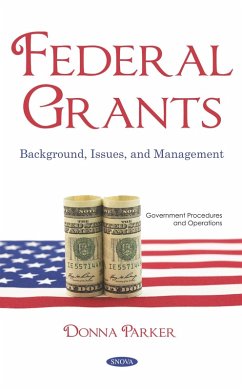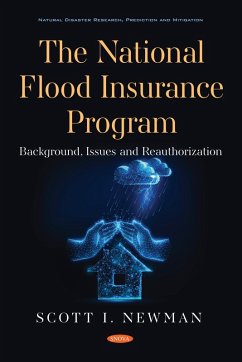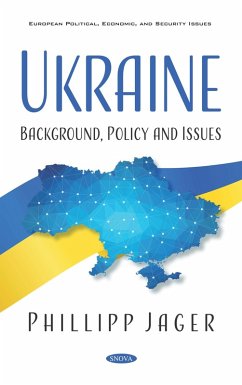Chapter 1 is intended for Congressional members and staff assisting grant seekers in districts and states and covers writing proposals for both government and private foundation grants. In preparation for writing a proposal, the chapter first discusses preliminary information gathering and preparation, developing ideas for the proposal, gathering community support, identifying funding resources, and seeking preliminary review of the proposal and support of relevant administrative officials. Members of Congress receive frequent requests from grant seekers needing funds for projects in districts and states. As reported in chapter 2, the congressional office should first determine its priorities regarding the appropriate assistance to give constituents, from providing information on grants programs to active advocacy of projects. Chapter 3 describes key sources of information on government and private funding, and outlines eligibility for federal grants. The subcommittee on intergovernmental affairs held a hearing to examine the management of Federal grant awards. Chapter 4 reports on the findings. Chapter 5 provides a brief overview of the federal government's authority to impose conditions on federal grant funding. It explains the constitutional basis of the federal government's power to condition funds, as well as the limits on this power that have been recognized in a long line of U.S. Supreme Court cases. Chapter 6 provides information on current federal grants and loans that fund emergency communications, information on the application process, eligible communications activities, and other resources they can provide to constituents seeking federal grant and loan funding to support emergency communications projects. Chapter7 provides a historical synopsis of the evolving nature of the federal grants-in-aid system, focusing on the role Congress has played in defining the system's scope and nature. It begins with an overview of the contemporary federal grants-in-aid system and then examines its evolution over time, focusing on the internal and external factors that have influenced congressional decisions concerning the system's development. Chapter 8 discusses several questions that might be raised regarding the implementation of the executive order by federal grant-making agencies (also known as "e;federal awarding agencies) and the impact on federal grant funding for designated sanctuary jurisdictions. Each year, Congress and the Administration provide funding for a variety of grant programs through the Department of Justice (DOJ). Chapter 9 provides an overview of congressional actions to fund DOJ's grant programs through these accounts for FY2018.
Dieser Download kann aus rechtlichen Gründen nur mit Rechnungsadresse in A, B, BG, CY, CZ, D, DK, EW, E, FIN, F, GR, HR, H, IRL, I, LT, L, LR, M, NL, PL, P, R, S, SLO, SK ausgeliefert werden.









